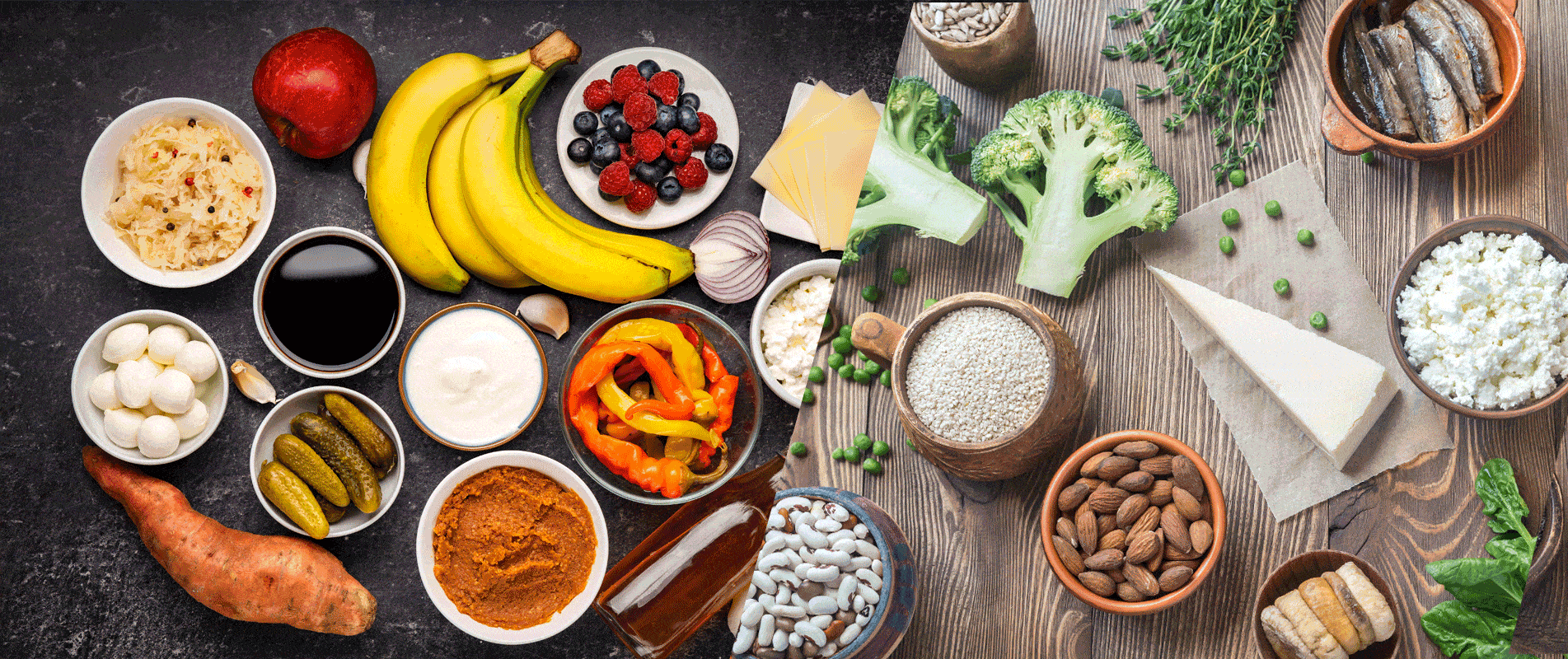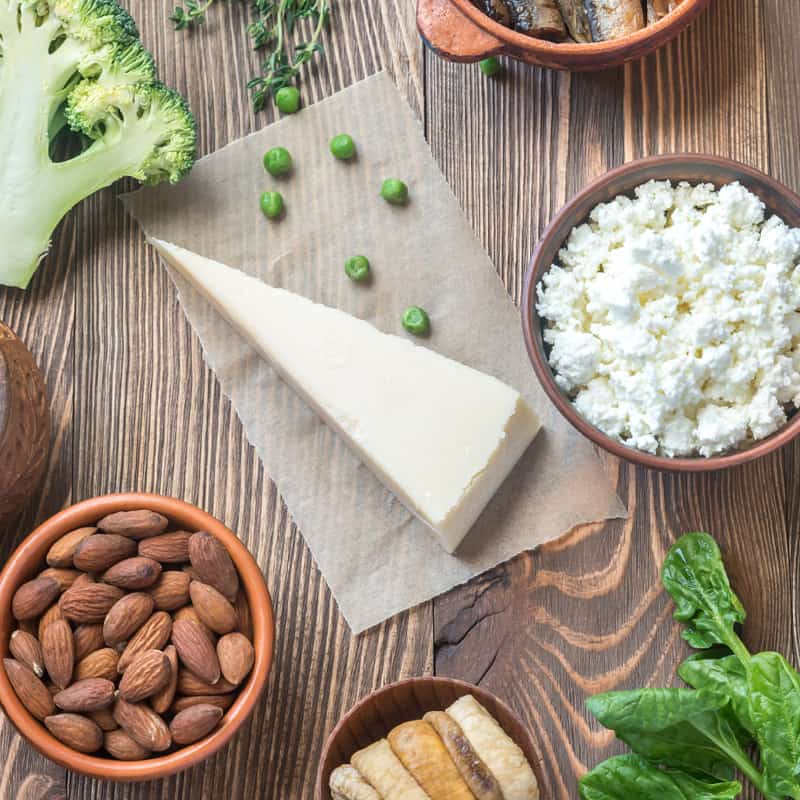Cavities, those pesky little dental invaders, can be a cause of discomfort and concern. While conventional treatments are available, there’s a growing interest in exploring natural approaches to support cavity healing. One powerful way to do this is through your diet. By making conscious choices about the foods you eat, you can promote oral health and potentially aid in the natural healing of cavities. In this comprehensive guide, we’ll delve into the foods to eat and those to avoid to help heal cavities naturally.
Cavities: A Brief Overview
Cavities, or dental caries, are areas of tooth decay caused by the interaction between bacteria, acids, and the sugars present in our mouths. These factors contribute to the erosion of tooth enamel, leading to the formation of cavities. While proper oral hygiene remains crucial, your diet can play a significant role in supporting your teeth’s natural healing processes.

Foods to Embrace for Natural Cavity Healing
- Calcium-Rich Foods: Calcium is a cornerstone of strong teeth and bones. Incorporate dairy products like yogurt and cheese, as well as fortified plant-based options like almond milk, to boost your calcium intake.
- Leafy Greens: Leafy greens such as kale, spinach, and collard greens are high in minerals like calcium and magnesium. These minerals help strengthen tooth enamel and aid in cavity prevention.
- Crunchy Fruits and Vegetables: Apples, carrots, celery, and bell peppers require thorough chewing, stimulating saliva production. Saliva helps neutralize acids and maintain oral pH, fostering a healthier environment for teeth.
- Nuts and Seeds: Almonds, walnuts, and sesame seeds are rich in vitamins and minerals that contribute to strong teeth. Chewing nuts also stimulates saliva production, aiding in cleansing the mouth.
- Green Tea: Green tea contains polyphenols that have antimicrobial and anti-inflammatory properties. Drinking unsweetened green tea can help combat oral bacteria and support gum health.
- Probiotic-Rich Foods: Incorporating yogurt with live cultures, kefir, and fermented foods like sauerkraut can introduce beneficial bacteria to your gut and potentially influence oral health.
- Seafood: Fatty fish like salmon provide essential omega-3 fatty acids, which have anti-inflammatory properties that can help maintain gum health.

Foods to Limit or Avoid
- Sugary Snacks and Drinks: Sugary foods and beverages create an ideal environment for bacteria to produce acid, contributing to enamel erosion. Minimize consumption of candies, sodas, and processed snacks.
- Sticky Sweets: Candies and treats that stick to your teeth prolong exposure to sugars, increasing the risk of cavity formation. Opt for treats that dissolve quickly instead.
- Acidic Foods and Drinks: Citrus fruits, tomatoes, and acidic beverages can weaken tooth enamel over time. Consume these in moderation and rinse your mouth with water afterward.
- Processed Carbohydrates: Refined carbohydrates like white bread and pastries break down into simple sugars that feed oral bacteria. Choose whole grains and fiber-rich options instead.
- Carbonated Beverages: Soda, even diet soda, contains acids that harm tooth enamel. The carbonation can also contribute to erosion. Replace sodas with water or herbal teas.
- Excessive Alcohol Consumption: Alcohol can lead to dry mouth, reducing saliva production and increasing the risk of cavities. Stay hydrated and limit alcohol intake.
Balancing Your Plate: A Wholesome Approach
Healing cavities naturally requires a holistic approach that includes a balanced diet, proper oral hygiene, and regular dental check-ups. Make whole, nutrient-dense foods the foundation of your diet, and limit sugary and acidic choices. Regularly brushing, flossing, and using natural mouthwashes can complement your dietary efforts. Consulting a dentist or oral health professional is crucial, especially if you suspect cavities or have existing oral health concerns.
Remember, healing cavities naturally takes time and consistency. Your dietary choices are a proactive step towards promoting oral health and supporting your body’s innate ability to heal itself. By nurturing your body with wholesome foods, you’re fostering a smile that radiates both vitality and well-being.
Disclaimer: This article provides general information and is not a substitute for professional medical advice. Consult with a healthcare provider or dentist for personalized guidance regarding your oral health.

